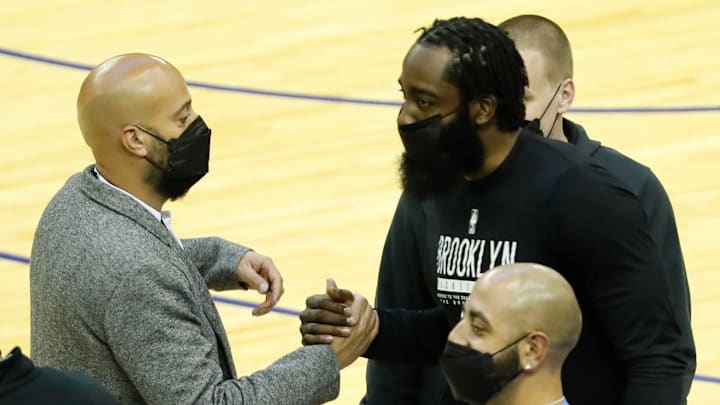4. Kevin Porter Jr.'s premature extension
The Rockets had a decision to make on Kevin Porter Jr. after the 2021-22 season. The team could've extended him or allowed him to play out the final year of his deal, allowing him to enter restricted free agency, which would've given them the leverage of being able to match an offer sheet or ink him to a deal of their liking.
Doing so could've possibly saved Stone and the franchise money because Porter didn't have much of a market at the time, and they would've been allowing the market to dictate his value. Unless he would've had a monster year, this wouldn't have been much of a gamble.
The Rockets ultimately decided to give Porter a four-year extension worth $63 million - $15.9 million annually. There was a limited number of teams with salary cap space this past free agency and the Rockets led the league by far, as outlined below.
- Rockets-$64 million
- San Antonio Spurs-$42 million
- Sacramento Kings-$33.5 million
- Indiana Pacers-$32.2 million
- Detroit Pistons-$30.8 million
Needless to say, the Rockets wouldn't have been at risk of a team signing Porter to an offer sheet. In other words, giving KPJ an extension one year early was a bit premature.
Granted, the deal is super team-friendly, as only one year is fully-guaranteed ($15.9 million in 2023-24), so the Rockets have quite a bit of protection baked into the deal, in the event that Porter simply doesn't work with Ime Udoka.
But paying Porter one year early ate into the team's cap space and potentially hindered the Rockets' ability to land Brook Lopez, as the team would've otherwise had more to work with financially. At the very least, they definitely wouldn't have had to get rid of TyTy Washington and Usman Garuba, and although they could easily sign both players right now, they can't get the draft picks back that were used to select them and/or trade them away.
Which is a perfect transition to the next point.
